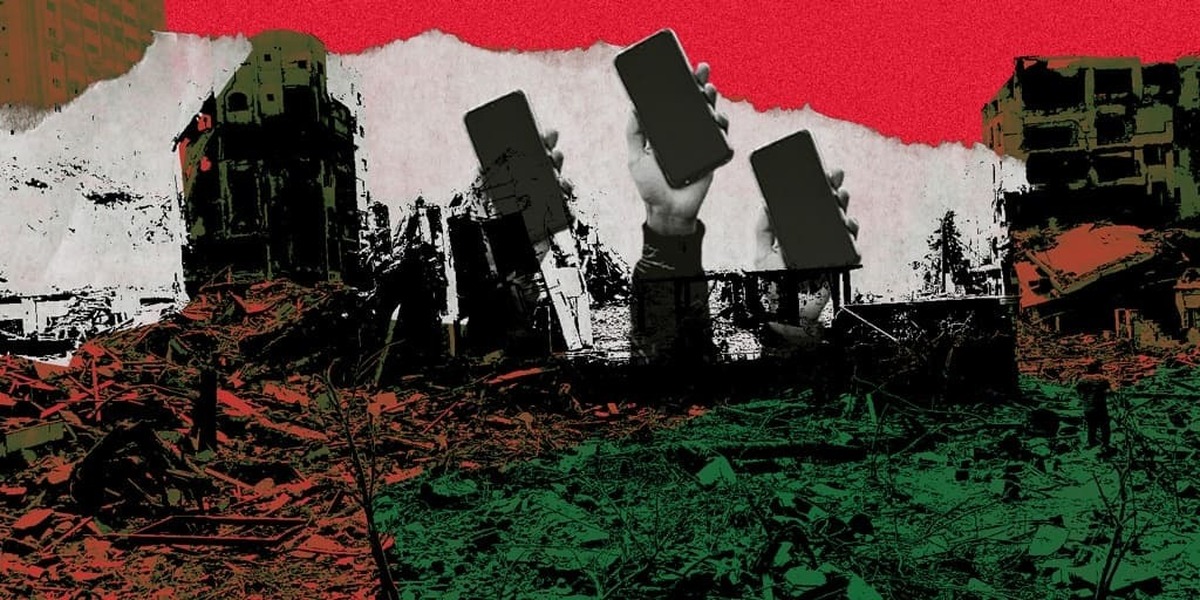Social media's role in censoring supporters of Palestine

The suppression of pro-Palestinian content on social media has not decreased, according to NGOs. According to these human rights organizations, pro-Palestinian voices on social media are still being digitally censored.
As of July 1, 2024, Digital Rights Watch has recorded over 1,350 instances of online censorship from major online platforms, with the majority of the reports pertaining to YouTube, Meta, and X. Account restrictions, content deletions, and user suspensions are some of the tactics used to silence pro-Palestinian voices.
In a report, the non-governmental Center for the Advancement of Social Media claimed that during the ongoing conflict in Gaza, social media companies' discriminatory content policies have resulted in a systematic and unprecedented censorship of pro-Palestinian voices and content pertaining to Palestine.
Of particular concern to Palestinian journalists and content creators in Gaza is that they have faced disproportionate restrictions and censorship of their social media accounts across online platforms. Serious concerns have been raised regarding the role of technology companies in aggravating fundamental rights violations during genocide, given the persistent violations of the rights to freedom of expression, opinion, and information.
Furthermore, the recent report "Meta's Broken Promises" by human rights organizations exposes Meta's pervasive suppression of pro-Palestinian voices at the height of the conflict in Gaza. From October to November 2023, the report details over 1,500 instances of Facebook and Instagram content suppression and removal. Only one of these contained pro-Israeli content; the other 1,049 contained peaceful pro-Palestinian content.
Human rights organizations have documented hundreds of instances in which Facebook and Instagram have repeatedly removed content like "Free Palestine," "Ceasefire Now," and "Stop the Genocide" in accordance with their policies or standards.
Requests to remove content from social media platforms by the Israeli regime and Western governments are another factor that contributes to censorship. This makes the problem of bias and transparency in content moderation even more complicated. Sixty percent of the 9,500 content removal requests that the Israeli cyber unit sent to social media platforms between October 7 and November 14, 2023 had something to do with Meta. Reports state that 94% of the content that the Israeli government targeted was taken down.
Serious questions concerning the influence of Zionist officials and regime supporters on the content moderation policies of social media platforms are raised by the high degree of compliance with the demands of the Zionist regime and the lack of transparency of these platforms.